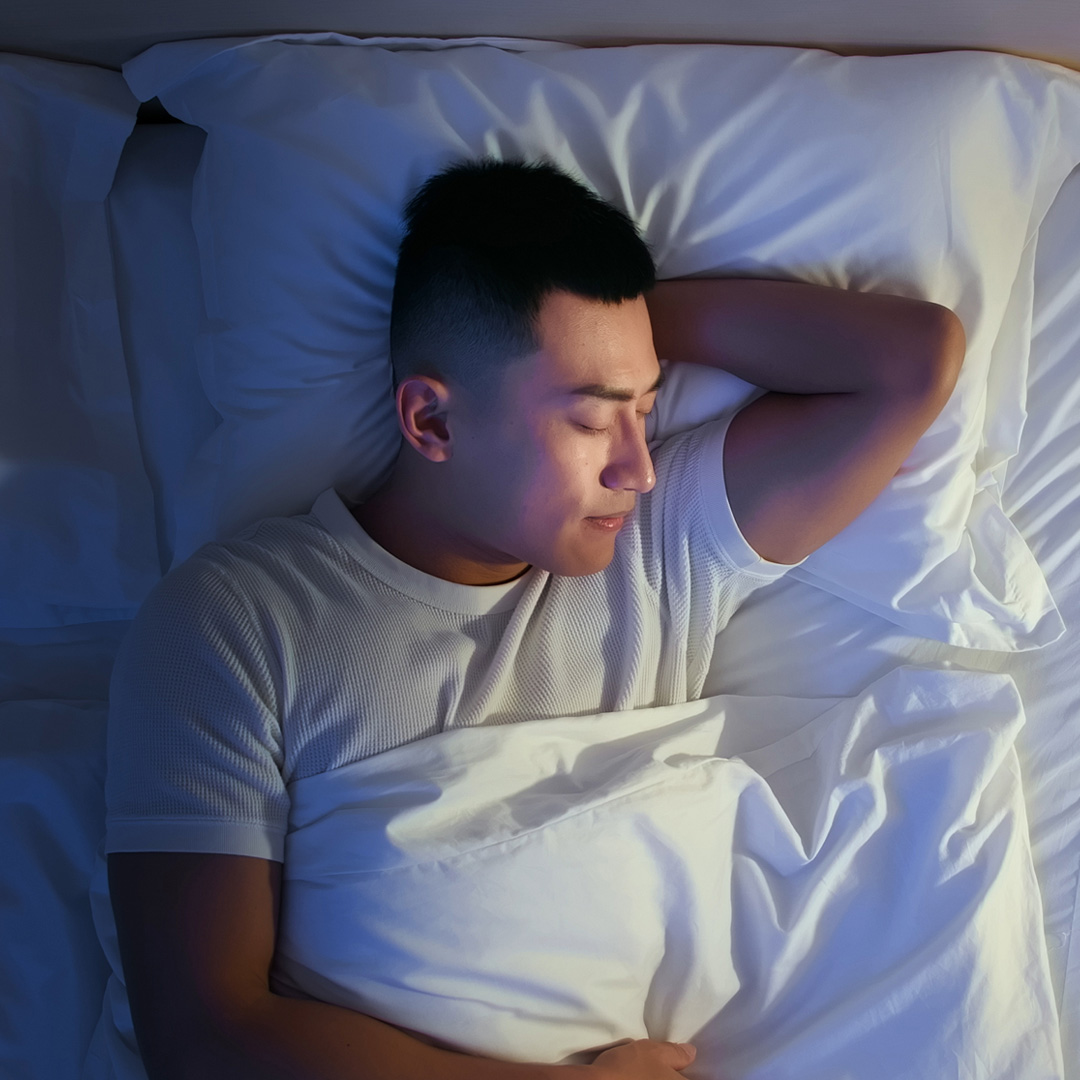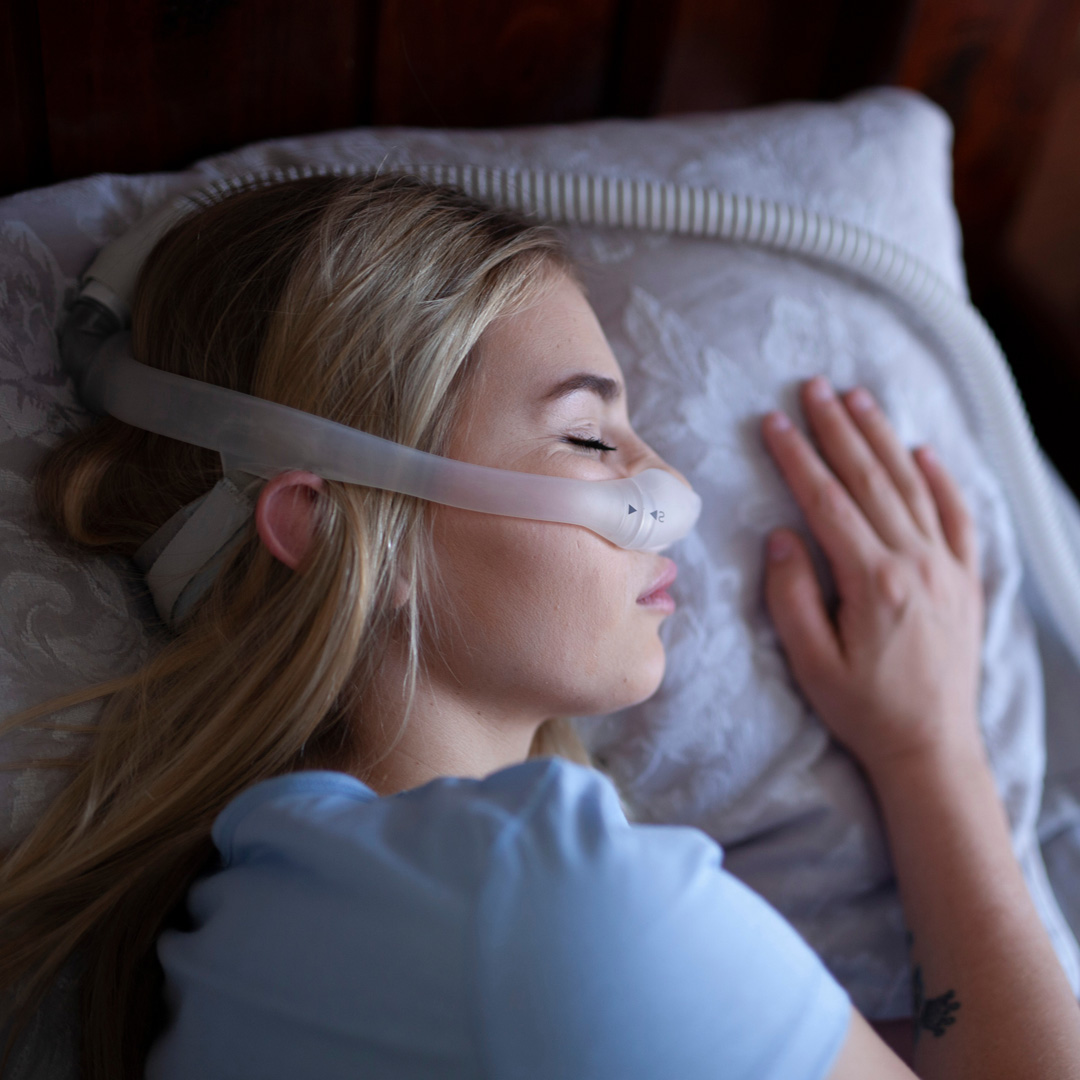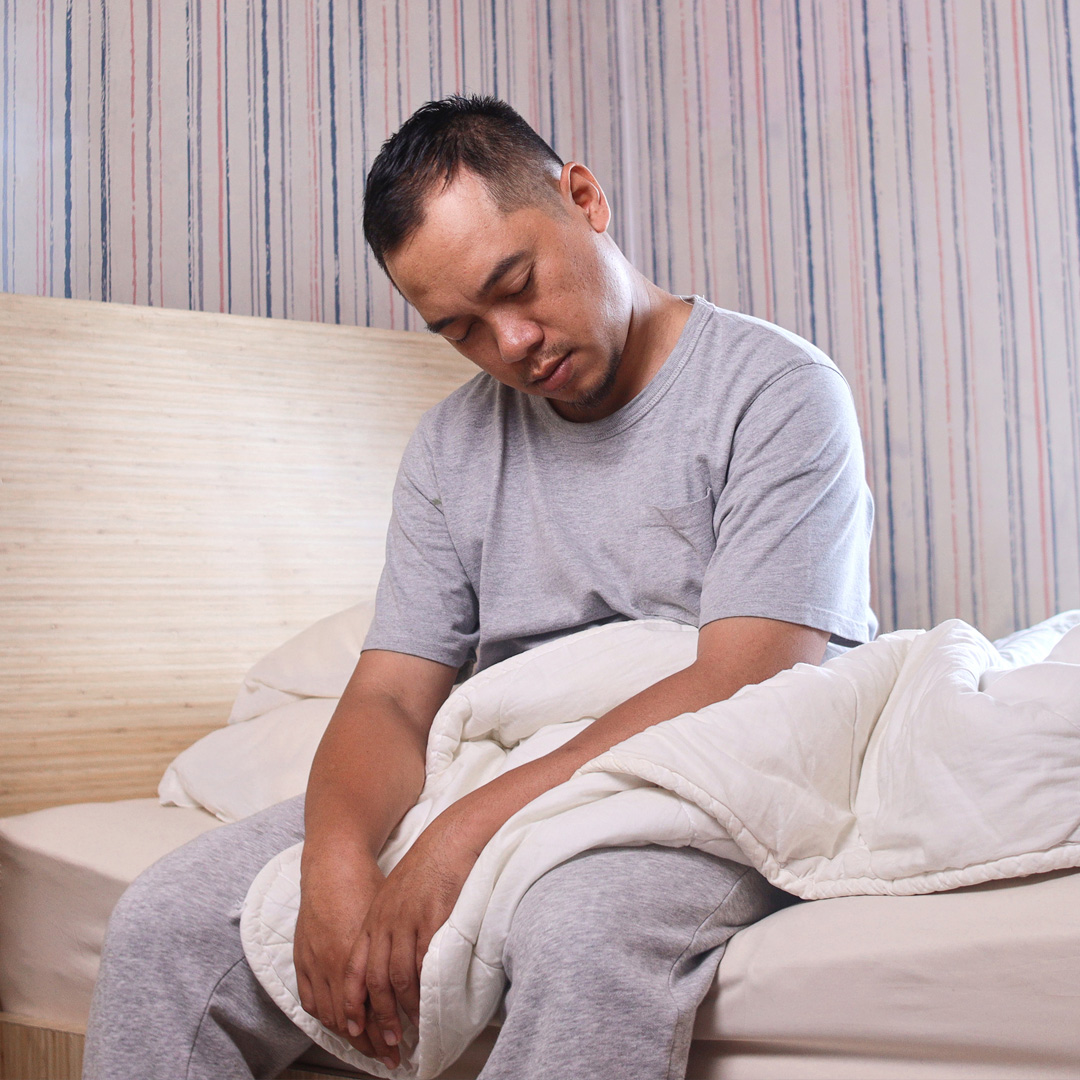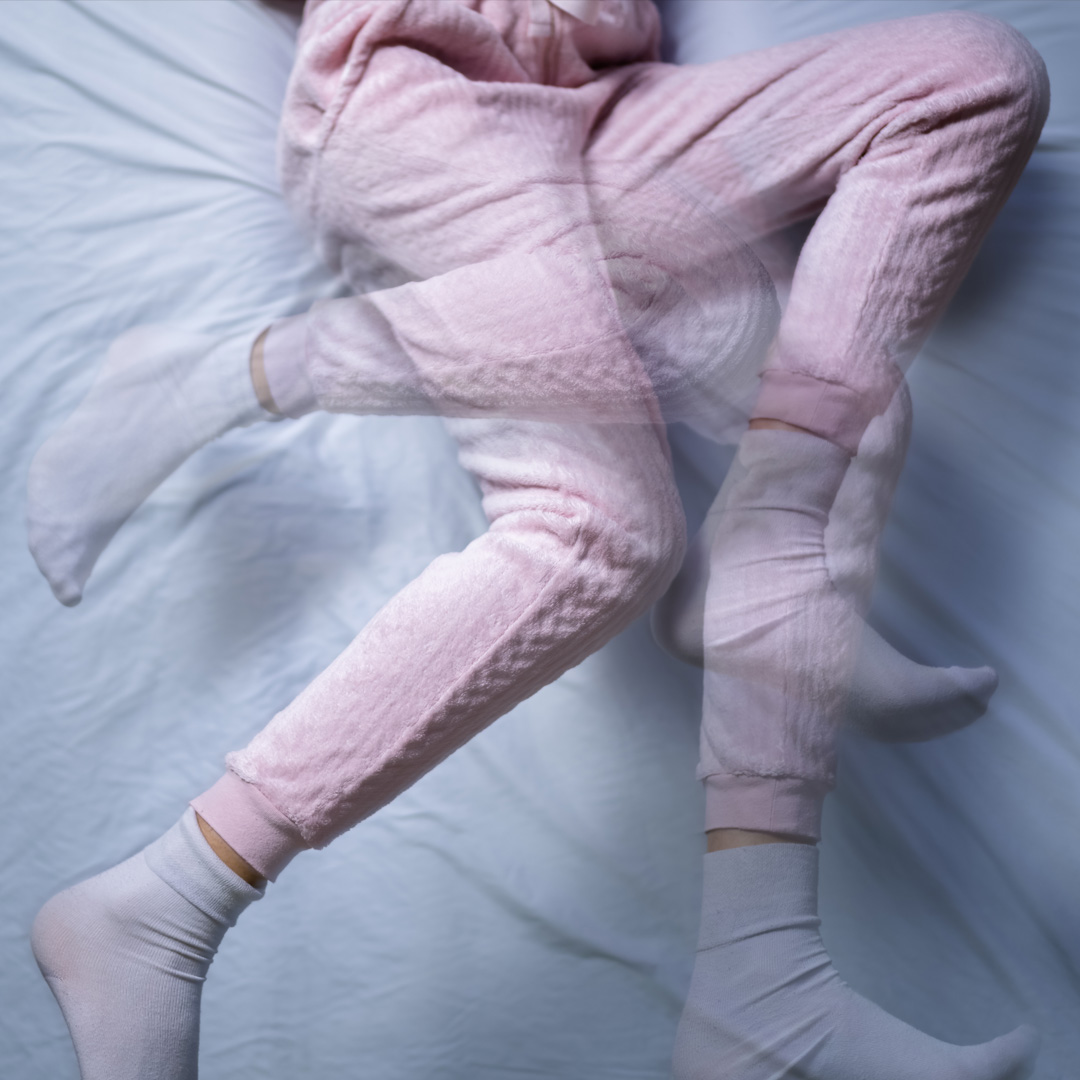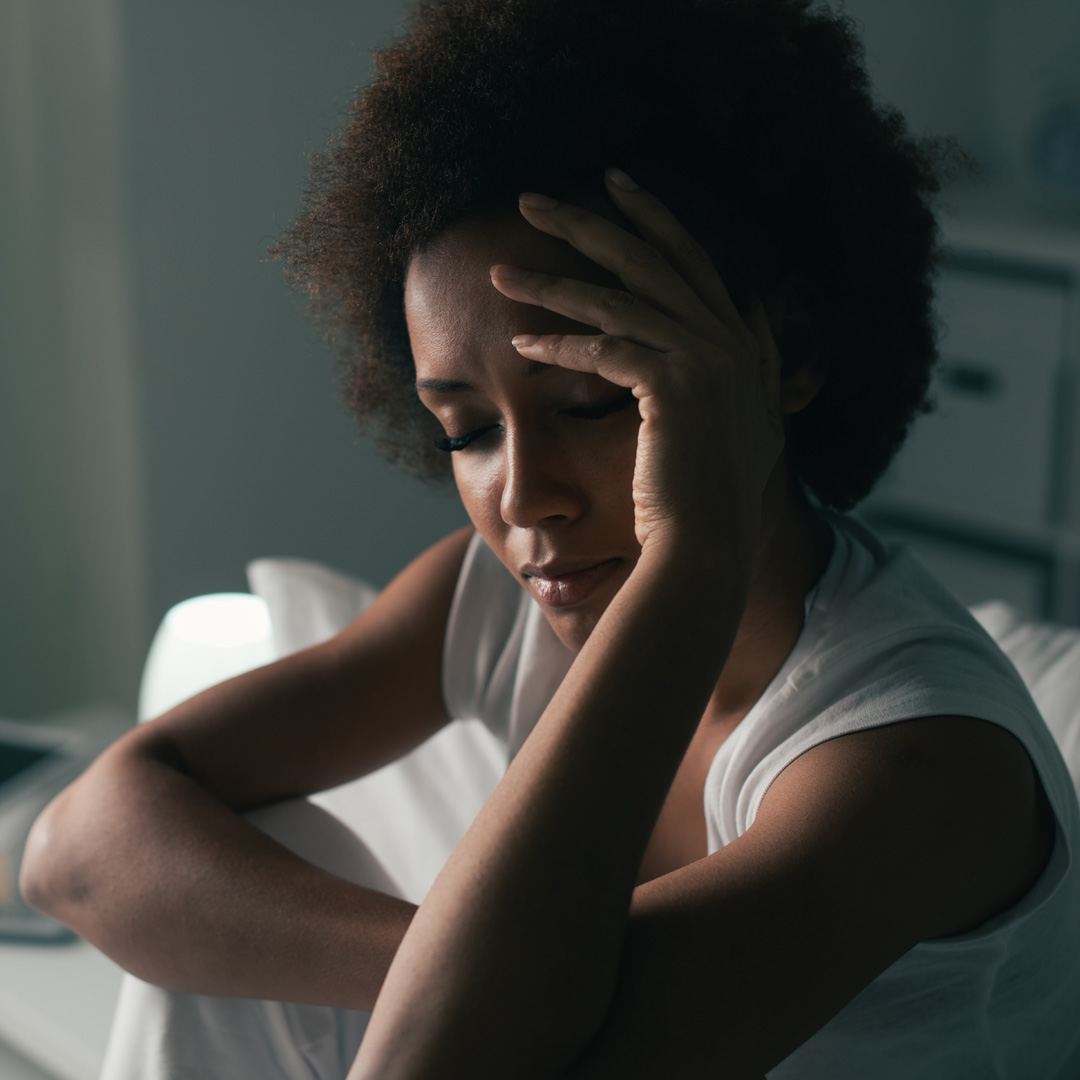Your brain is like a supercomputer that sorts and saves everything you learn every day. Sleep is like a restart for your brain. Just like restarting a computer helps it run better, sleep helps your brain rest, reset, and get ready for the next day. Good sleep helps you remember things, focus better, and keep your feelings steady. It also helps prevent brain problems. Getting enough sleep is one of the best things you can do to keep your brain healthy and working well.
Sleeping well:
- Helps you to feel and look your best
- Improves memory and thinking
- Boosts mood
- Increases focus
- Reduces stress
- Supports overall brain and body health
- Protects against brain diseases,
like Alzheimer’s disease and dementia
Your brain is like a supercomputer that sorts and saves everything you learn every day. Sleep is like a restart for your brain. Just like restarting a computer helps it run better, sleep helps your brain rest, reset, and get ready for the next day. Good sleep helps you remember things, focus better, and keep your feelings steady. It also helps prevent brain problems. Getting enough sleep is one of the best things you can do to keep your brain healthy and working well.
Sleeping well:
- Helps you to feel and look your best
- Improves memory and thinking
- Boosts mood
- Increases focus
- Reduces stress
- Supports overall brain and body health
- Protects against brain diseases, like Alzheimer’s disease and dementia
Sleep Disorders
If you are having a lot of trouble falling asleep, staying asleep, or getting good quality sleep, you may have a sleep disorder. Sleep disorders can make you feel tired during the day and affect your mood, memory, and overall health.
Obstructive Sleep Apnea
Obstructive sleep apnea is when your breathing stops for short times while you sleep. This can make you wake up many times at night without knowing it, leading to poor sleep. Loud snoring is a common sign. Using a CPAP machine, which helps keep your airways open, can improve brain health and slow down memory problems.
SOME THINGS YOU CAN TRY
Helpful Resources
- White Noise (Apple & Android)
- Relax Melodies (Android)
- Noisli (web streaming)
GUIDED MEDITATIONS
- Insight Timer (Apple & Android)
- Calm (Apple, Android & web)
- Headspace (Apple & Android)

